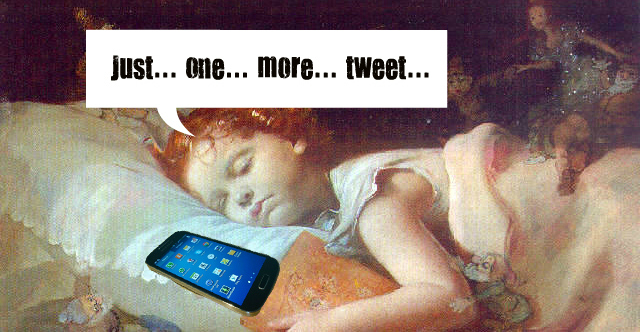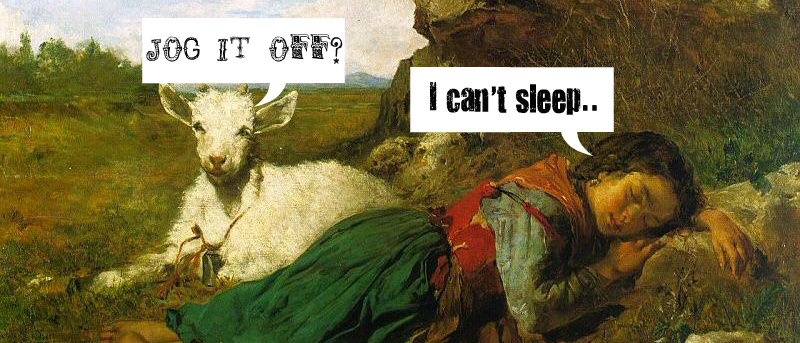Sleep has been dominating the news this week, in particular the topic of sleep quality. A good night’s sleep is often tough to achieve, and a bad night’s sleep can become truly damaging to our mental health if it happens repeatedly. But what exactly causes unsatisfactory sleep?
Sleep is a vital part of our lives, although we spend most of it unconscious. It’s the time to repair and recover after the day’s events, so it’s no wonder that sleep contributes to our mental health and wellbeing. Insomnia is not only frustrating but is linked to depression, irritability, and increased risk of heart disease. If you are managing to drift off to sleep, however, you still need to consider the quality of your sleep.
Poor sleep quality is often a hidden, sneaky affliction, where stages of sleep are disturbed. We don’t necessarily realise it’s happening behind the scenes, blaming our moods on other sources. In the end this lack of ‘good’ sleep can have a detrimental effect on our mental wellbeing, in a similar, though less serious, way to not getting enough sleep.
Light

Ever woken up with light streaming in through your ineffective curtains? We’ve all been there, but little do we know, light can really mess with your sleep quality and patterns. Sunlight isn’t so much of an issue, since we tend to sleep at night: the real culprit is artificial lighting.
A key example of this is seen in hospital patients. Hospital lighting may cause disruption of circadian rhythm, partly because it suppresses melatonin production. Even if a patient sleeps, they may wake up feeling fatigued due to poor sleep quality, as found in Critical Care journal. But never fear, intensive care units in Denmark are fitted with coloured lights that change color and intensity according to times of the day, and could be used in hospitals across the world.
Artificial lights even disturb our feathered friends. In recent research found in Frontiers of Zoology, birds living in the city were up much earlier than they ought to be, thanks to street lights. We often hear songbirds warbling at the crack of dawn and wonder why they’re up so early. Our street lights are turning on earlier, and they’re disrupting the circadian rhythms of these urban birds.
Nicotine

Nicotine is a stimulant drug. In other words it keeps you alert, which may not be ideal for sleep. Even if you do manage to drift off after a dose of nicotine, that doesn’t mean you‘ll have a good night’s sleep.
Researchers have investigated sleep disturbance in patients with depression. At first the results made a strong suggestion: people with depression were more at risk of poor sleep. A closer look into the data said otherwise: a great deal of the sample also smoked, and nicotine may have been the real problem. You can make up your own mind by looking at the study published in BMC Psychiatry.
It may be worth adding that caffeine and alcohol also play their parts in keeping you awake or ruining the quality of your sleep. If you’ve ever consumed a huge quantity of alcohol, effortlessly drifted into slumber, then woken up the next day, still feeling tired, that may be why.
The heat

You may remember trying to sleep in a hot room, and finding it uncomfortable. Funnily enough, a recent study in Journal of Physiological Anthropology suggests an unbearably warm room will not only keep you awake, but will impair certain stages of sleep essential for memory processing and recovery.
But don’t turn your room into a freezer. The cold can be bad for the heart, and may leave poor sleep quality in its wake.
Screens

Admit it, we’ve all been kept up by our screens, staying up later than we should. One pitfall of technology is that it’s so fun and addictive. Nevertheless, it may be worth considering how long you spend in front of a screen, and deciding if it keeps you away from slumber.
Children with screens in their room often delayed bed time, and cut down the hours spent sleeping. Leaving kids to their own devices late at night kept them up, suggested researchers in BMC Public Health.
But it’s not just a problem for the kids. Us adults need to acknowledge we’re not too old for the rules. You may well have seen the news this week that blue light emitted from screens is more likely to keep you awake. Don’t end up sacrificing sleep for screens!
Exercise

Sleeping is often associated with laziness – which couldn’t be further from the truth. A round of exercise may even be the ticket we need to good sleep quality.
Just take a look at this study from International Journal of Behavioral Nutrition and Physical Activity. Researchers found that an intensive session of exercise benefitted children’s slow-wave sleep, but didn’t leave them sleeping for longer. No lie ins!
So it seems that sleep is a fickle thing, and while helpful, these findings may not bring an end to any snooze-based issues. If you’d like to read up about sleep quality, why not delve into sleep stages or this nice article by Lifehacker, which delivers a deluge of helpful tips and ideas.
Comments